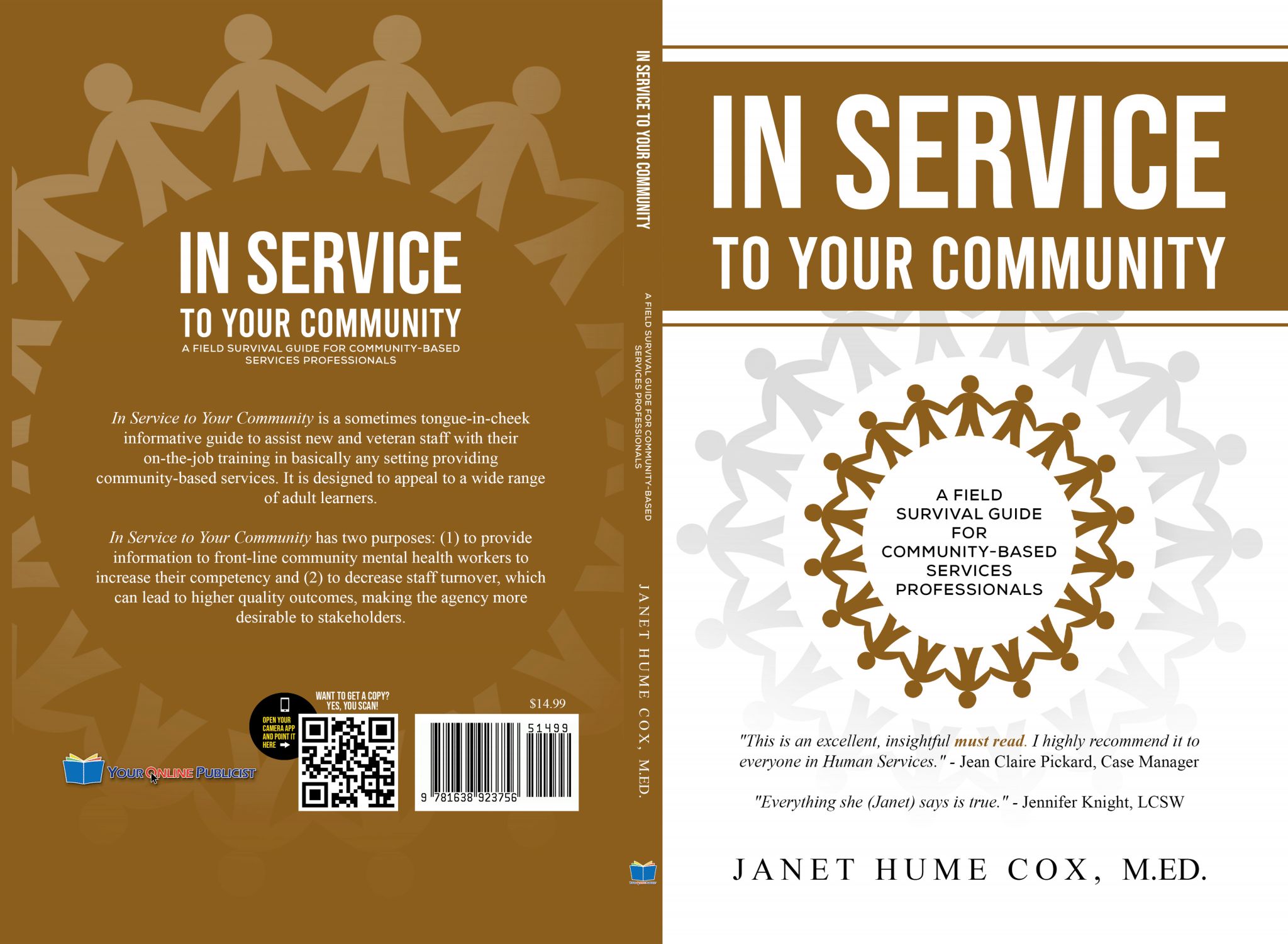Downsides of substance abuse
Contrary to popular belief, substance abuse isn’t just the excessive use of chemical drugs like methamphetamine, heroin, opioid, cocaine, molly, flakka, and many more. Alcoholism and addiction to nicotine fall under substance abuse as well. In my book, I quoted a report titled, A Blind Eye to Addiction which was a study done by Columbia University. The report states that 40 million Americans age 12 and over meet the clinical criteria for addiction involving nicotine, alcohol, or other drugs… an additional 80 million people in this country are risky substance users. The number should have made people more aware of the topic especially that the statistics include minors. Unfortunately, people seem to turn a blind eye which is very alarming.
Substance abuse can impede a person’s productivity as being dependent on drugs, alcohol and nicotine affect a person physically, mentally, and emotionally. They lose focus and in effect, they don’t perform at work. They also have a higher chance of blowing their relationships with spouses, children, friends, and colleagues.
Everyone has their reasons for using. However, and although the temporary high can make a substance-dependent person feel good, it only lasts for a few moments and unfortunately, the adverse effects can be permanent.
A few of the negatives of substance addiction are:
- Delirium
- Persisting dementia
- Persisting amnestic disorder
- Psychotic disorder
- Anxiety disorder
- Sexual dysfunction
- Sleep disorder
Being addicted to any substance brings about a lot of issues and problems. Worse is, only about 10% seek help, and on top of that most of them suffer a relapse after being sober for some time. Some factors that affect this is the patient’s environment and the moral support from people around the patient.
This leads to my conclusion and encouragement. If you are suffering from any form of substance dependence, never be afraid to seek help before it becomes too late. The change can only spring from your choice to be better. And if you are someone who knows a dependent person, help them by encouraging them to get help and don’t let up until they recover.
The war against substance abuse is a tough one, but it is winnable.







